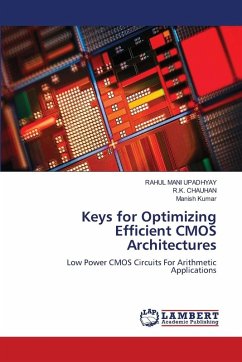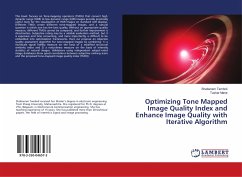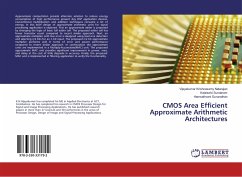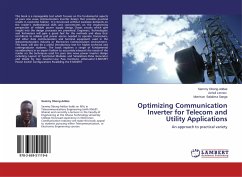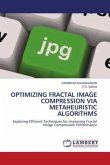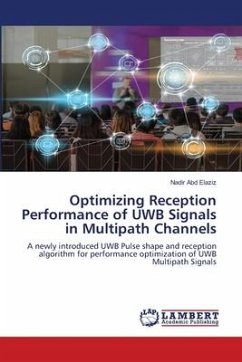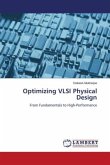The demand for high-performance arithmetic circuits has increased with the growing need for more complex and sophisticated digital signal processing algorithms. These circuits are designed to consume less power while maintaining high performance and accuracy. Moreover, the requirement for low power consumption has become critical in many portable and battery-operated devices. The study of high-performance CMOS-based arithmetic circuits also has significant implications for emerging fields, such as machine learning and artificial intelligence. These circuits are essential for performing complex computations in real-time.This book focuses on the development of efficient CMOS circuits for arithmetic applications. The primary objective is to reduce power consumption while maintaining a high-performance level in arithmetic circuits. Various techniques used for CMOS-based arithmetic circuits have enabled the development of high-performance, low-power circuits, which are essential for modern computational electronics. New techniques and optimization methods are used to improve the speed, accuracy, and power consumption of the circuits.
Bitte wählen Sie Ihr Anliegen aus.
Rechnungen
Retourenschein anfordern
Bestellstatus
Storno

